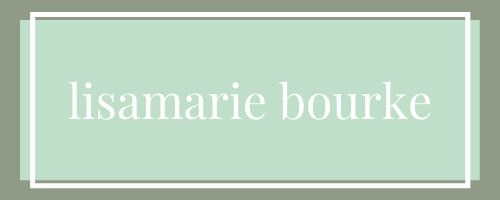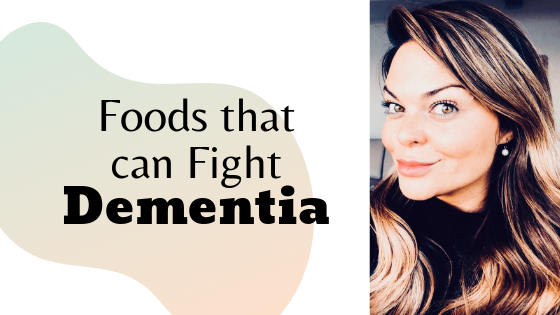Dementia is a condition that is characterized by a decline in mental health that interferes with everyday life. Dementia often affects memory, speech and the ability to perform every day tasks. Though genetics plays a big role in determining who will develop dementia, research has indicated that a healthy diet is a big part, too. Including these five foods in a healthy diet may help prevent dementia.
- Blueberries
Raspberries, strawberries, and blackberries are all high in antioxidants, which can help stop free radicals from causing oxidation. Blueberries, however, may be the most potent of them all in the fight against dementia. A study done by the University of Cincinnati found that participants who ate the equivalent of one cup of blueberries a day showed improved memory and speech and had an increase in brain activity.
- Beans
Beans play a big role in the Mediterranean-DASH Intervention for Neurodegenerative Delay (MIND) diet. The MIND diet combines both the Mediterranean and DASH diets, which are high in beans. Beans and other legumes are high in fiber, protein, and antioxidants. A study published in Alzheimer’s & Dementia compared those who followed the MIND diet against those who didn’t. Those who followed the MIND diet and ate three or more servings of beans per week reduced their risk of dementia by 53 percent.
- Salmon
Though all fish contains healthy levels of iodine and iron that help maintain cognitive function, fatty fish may be the most helpful. Salmon, as well as tuna and mackerel, contains excess amounts of omega-3 fatty acids. A study published in the Journal of Alzheimer’s Disease found that participants who regularly ate salmon experienced improved blood flow to the brain.
- Cruciferous Vegetables
Often called “superfoods,” cruciferous vegetables, such as broccoli, brussels sprouts and kale, are high glucosinolates. Glucosinolates are a type of antioxidant that researchers believe has a protective effect on the brain and neurological pathways.
- Dark, Leafy Greens
When it comes to lettuce and other leafy greens, the darker the green color, the better. Dark green leafy vegetables, such as spinach, kale, collard greens and romaine, contain high amounts of vitamin K and brain-boosting antioxidants. A 2017 study done by Tufts University followed 960 participants for five years. Those who regularly ate one and a half cups of leafy greens per day had brains that were 11 years younger than those who didn’t.


